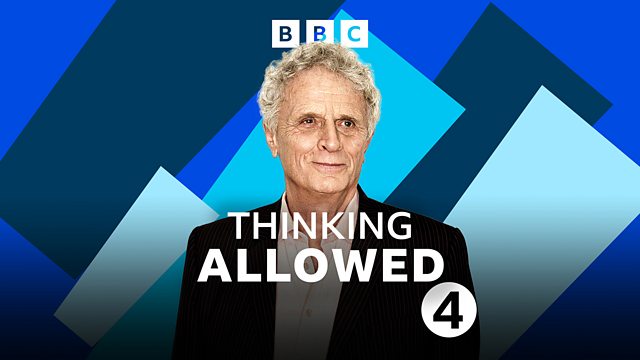Sight and Power
Surveillance, seeing and control. Laurie Taylor explores the ways in which we are seen, whether willingly or not, in our contemporary world.
Laurie Taylor talks to Becca Voelcker, Lecturer in the Art Department at Goldsmiths, University of London, about her research into the relationship between sight and power. Everyday life is full of moments where we are seen, often without our knowledge, even in the virtual world, where cookie trails and analytics make us visible to profit making companies. Going back in time, Jeremy Bentham's panopticon depended on seeing its occupants to control them. If we cannot control who sees us today are we also being controlled? How does that square with the many moments when being seen is also a means of social recognition?
Also, David Lyon, Professor Emeritus of Sociology and Law at Queen's University, Kingston, Ontario explores the surveillance which permeates all aspects of our lives today. Every click on the keyboard, every contact with a doctor or the police, each time we walk under a video camera or pass through a security check we are identified, traced, and tracked. So how does surveillance make people visible, how did it grow to its present size and prevalence, and what are the social and personal costs?
Producer: Jayne Egerton
Last on
More episodes
Previous
Featured
-
.
Guests and further reading
- , Professor Emeritus of Sociology and Law at Queen's University, Kingston, OntarioΒ
Surveillance: A VeryΒ Short Introduction (Oxford University Press)
- , Lecturer in Fine Art and Critical Studies at Goldsmiths, University of London and a current Βι¶ΉΤΌΕΔ New Generation Thinker.
Land Cinema in an Age of ExtractionΒ (University of California Press, 2026)
Broadcasts
- Tue 24 Sep 2024 15:30Βι¶ΉΤΌΕΔ Radio 4
- Sun 29 Sep 2024 06:05Βι¶ΉΤΌΕΔ Radio 4
Explore further with The Open University
Βι¶ΉΤΌΕΔ Thinking Allowed is produced in partnership with The Open University
Download this programme
Subscribe to this programme or download individual episodes.
Podcast
-
![]()
Thinking Allowed
New research on how society works


